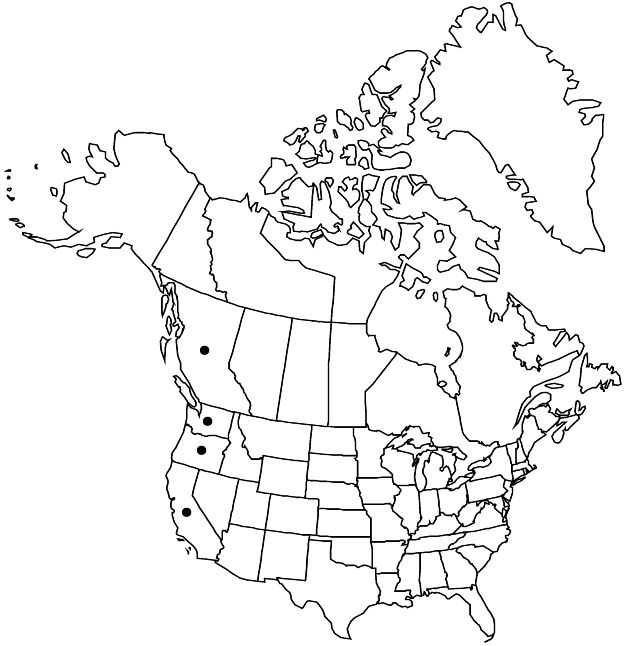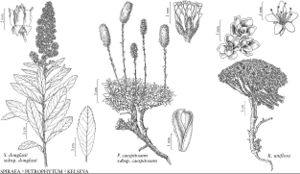Difference between revisions of "Spiraea douglasii var. douglasii"
IllustratedEndemic
Treatment appears in FNA Volume 9. Treatment on page 407.
imported>Volume Importer |
imported>Volume Importer |
||
| Line 49: | Line 49: | ||
|publication year= | |publication year= | ||
|special status=Illustrated;Endemic | |special status=Illustrated;Endemic | ||
| − | |source xml=https:// | + | |source xml=https://bitbucket.org/aafc-mbb/fna-data-curation/src/2e0870ddd59836b60bcf96646a41e87ea5a5943a/coarse_grained_fna_xml/V9/V9_684.xml |
|subfamily=Rosaceae subfam. Amygdaloideae | |subfamily=Rosaceae subfam. Amygdaloideae | ||
|tribe=Rosaceae tribe Spiraeeae | |tribe=Rosaceae tribe Spiraeeae | ||
Latest revision as of 22:58, 5 November 2020
Leaf abaxial surfaces whitish to grayish, lanate to tomentose. Inflorescence branches tomentose. Pedicels tomentose. Flowers: hypanthia and sepals tomentose.
Phenology: Flowering May–Aug; fruiting Jul–Nov.
Habitat: Stream banks, moist woodland margins, wet meadows, fens, swamps, roadsides
Elevation: 0–2500 m
Distribution

B.C., Calif., Oreg., Wash., introduced in Europe.
Discussion
H. J. Scoggan (1978–1979, part 3) identified two forms of var. douglasii based upon petal color: forma alba J. K. Henry (white) and forma douglasii (pink to deep rose). See discussion under var. menziesii for information that may also apply to var. douglasii.
Selected References
None.
Lower Taxa
None.
